Holder of a PhD in Biochemistry and Molecular Biology from the Autonomous University of Madrid, she is a tenured scientist at the Consejo Superior de Investigaciones Científicas (CSIC) and lead researcher with the “Immunometabolism and Inflammation” laboratory at the Severo Ochoa Centre for Molecular Biology (CSIC-UAM) where she researches the contribution of immune cells to age-related diseases. She received an award for her research on the key role of the immune system in the control of organ and tissue ageing. Specifically, she demonstrated the early ageing of the entire body as a result of an alteration in cellular immunity.
Associate Research Professor at ISGlobal – Hospital Clínic – University of Barcelona, and Coordinator of Tuberculosis Research at the Manhiça Health Research Centre (CISM) in Mozambique, receives the 20th Banco Sabadell Foundation Award for Biomedical Research for his work on tuberculosis in vulnerable populations.
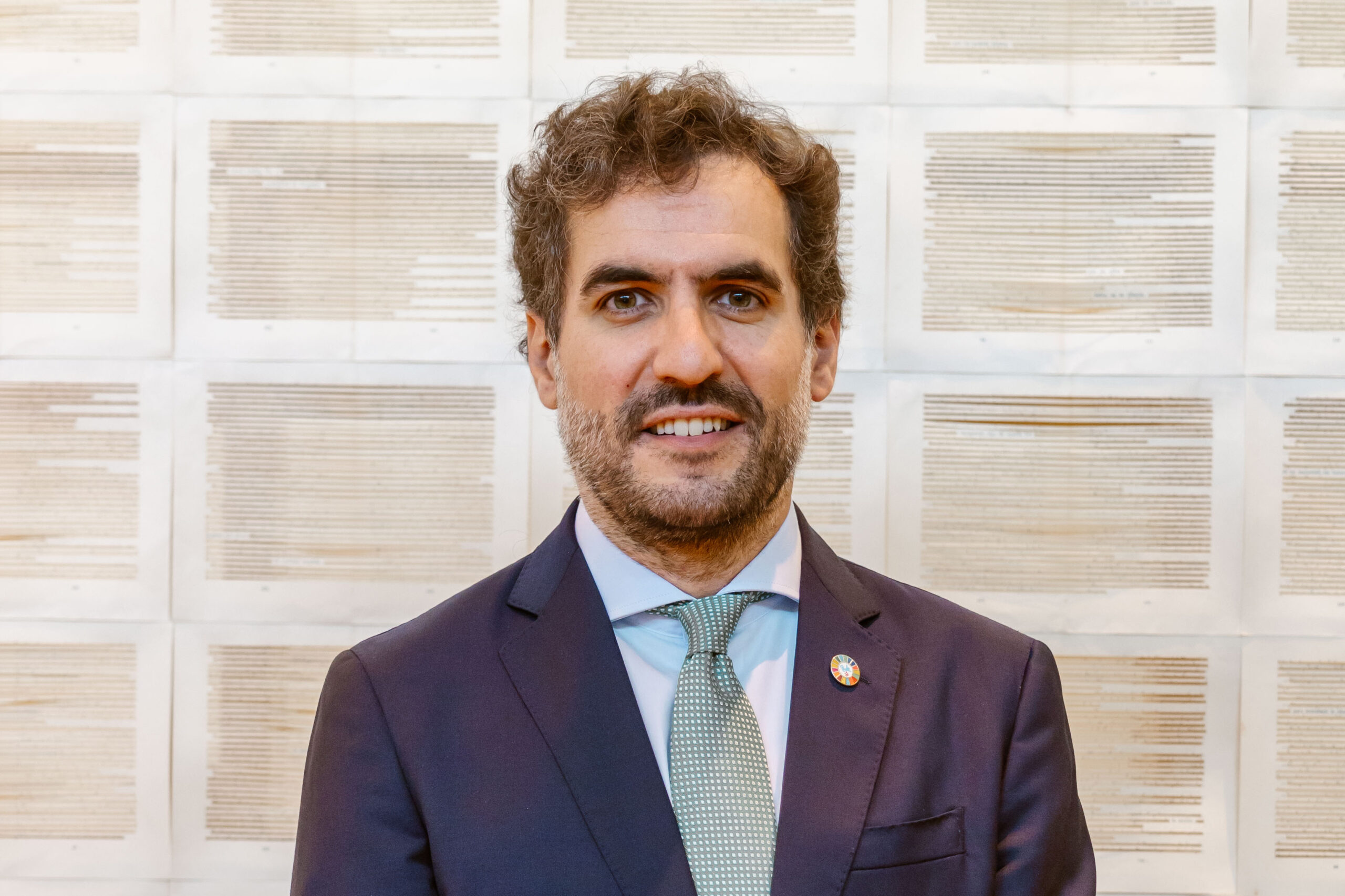


Dr Elvan Böke was graduated as valedictorian in her native country, Turkey, in 2008. She completed her doctoral training at the Cancer Research UK Manchester Institute (2008-2012) and her postdoctoral training at Harvard Medical School in Boston, USA (2013- 2016). In 2017, she established her laboratory at the CRG, Barcelona. Her research studies the strategies and mechanisms through which oocytes avoid aging for decades, and why these strategies eventually fail with advanced maternal age.
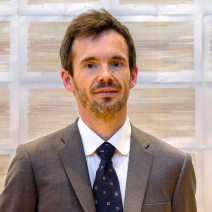

Dr Valiente studied Veterinary Medicine at the University of Zaragoza (1998-2003), receiving the Extraordinary Prize and the second-class National Graduation Award. He did his doctorate at the Alicante Institute of Neurosciences, tutored by Dr Oscar Marín (2004-2009), obtaining the Extraordinary PhD Prize. He completed his PhD training at the Memorial Sloan Kettering Cancer Center in New York (2010-2014), in Dr Joan Massagué’s laboratory. In 2015, he joined the Spanish National Cancer Research Centre (CNIO) to conduct research into brain metastasis; this work earned him a place among international leaders in this field.
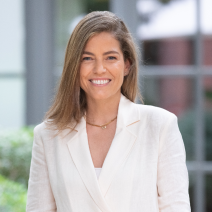

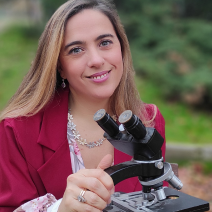

A graduate in Veterinary Medicine from the University of Extremadura with a PhD from the University of Extremadura in collaboration with the British Medical Research Council in Dundee (Scotland), recognised for her contribution to understanding why obesity causes cardiometabolic diseases.
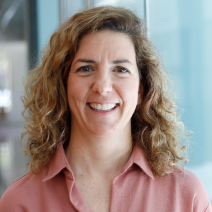

Undergraduate degree in Biological Sciences from the University of Alicante. PhD in Neurosciences. Since 2007, she has been leading her own laboratory and research group as CSIC scientific researcher at the Institute of Neurosciences within the Developmental Neuroscience Unit. Dr. López-Bendito has been recognised for her innovative contribution in the field of developmental neurobiology, making pioneering contributions to understanding the formation and plasticity of nerve connections during brain development, under normal conditions and in sensory deprivation models. Her research may inspire the design of tools capable of repairing defective neuronal connections in patients with congenital or acquired sensory deficits, such as some cases of blindness.
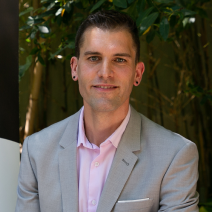

Holder of a PhD in Biochemistry and Molecular Biology from the Complutense University of Madrid. After a first postdoctoral stage at the New York and Boston lab of Prof Pier Paolo Pandolfi, he returned to Spain in 2010 to start his own independent research at CIC bioGUNE, with the initial support of the Ramón y Cajal programme and, since 2011, as Research Professor at Ikerbasque.
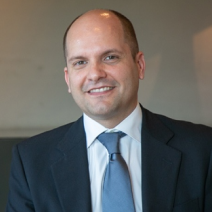

Degree in Biochemistry and Molecular Biology, and PhD in Biochemistry from the University of Murcia. After completing a post-doctoral fellowship at Harvard University (United States), he led an independent research group at Würzburg University (Germany), with the prestigious role of ‘Young Investigator Group Leader’. Since 2014 he has led his own laboratory as a senior scientist at CSIC at the National Centre for Biotechnology.
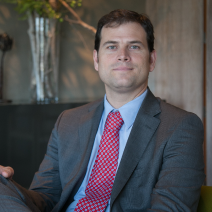

Graduate in medicine at the Complutense University of Madrid, and Doctor in Medicine at the Autonomous University of Madrid. Currently, he combines scientific activities by leading a research group at the Cardiovascular Research Centre (CNIC for its acronym in Spanish), with clinical activity through his role as an interventional cardiologist at the Hospital Universitario Fundación Jiménez Díaz. Furthermore, he also leads a group at the recently inaugurated CIBER for cardiovascular illnesses (CIBERCV for its acronym in Spanish). He has won awards in recognition of his contributions in the fight against cardiovascular diseases.
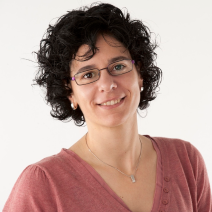

Holder of a degree in Biology from the University of Barcelona. She is currently an ICREA researcher professor at the Institute of Biomedical Research of Barcelona, where she leads and directs a laboratory dedicated to researching cancer genomes. Winner of awards for her contribution to the development of new bioinformatics methods for the study of cancer genomes. Her work has paved the way towards classifying patients suffering from cancer in accordance with mutations in their tumours, and to making progress in the implementation of individual therapies which are more closely adapted to each patient.
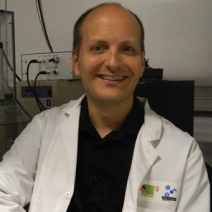

A physicist and engineer, researcher at ICREA (Catalan Institution for Research and Advanced Studies) at the Bioengineering Institute of Catalonia (IBEC). He was the first to describe a new mechanism of physical relations between cells that can promote metastasis in cancer. With his team, formed by some 15 people, he has developed a new technology capable of measuring forces on a nanometric scale.
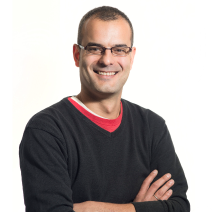

Holds a degree in Biochemistry from McGill University in Montreal (Canada). Since 2013 he has been principal investigator at the Stem Cells and Cancer Laboratory of the Biomedical Research Institute (IRB Barcelona). The prize recognised his discovery of the influence of the circadian cycle on the behaviour of adult stem cells. A finding that has important implications in the fields of ageing and cancer.
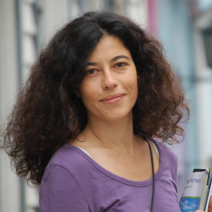

Graduate in Biochemistry and Molecular Biology from the Autonomous University of Madrid. PhD in Sciences and Extraordinary Prize for her Doctoral Thesis. Since 2011 she has led the B Lymphocytes Biology Laboratory at the National Centre for Cardiovascular Research (CNIC). Her research in molecular and cellular immunology has clarified fundamental processes in lymphocyte differentiation and biology, facilitating the treatment of autoimmune diseases.
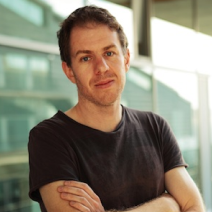

PhD in Biology from the University of Cambridge. Since 2006 he has been a researcher at the Genomic Regulation Centre of Barcelona (CRG) and has become one of the youngest group directors at the centre and one of the most brilliant scientists working in our country. Lehner and his team have contributed to understanding the causes of genetic mutations that cause diseases and the role that chance plays in their appearance.
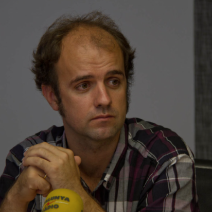

PhD in Biochemistry from the University of the Basque Country. Head of the Genomic Instability Group of the National Centre for Oncology Research (CNIO) in Madrid. Awarded the prize for his contribution to establishing the origin of cancer and, in particular, the mechanisms of damage to DNA caused by oncogenes.
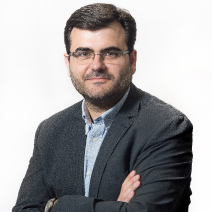

PhD in Biology from the University of Barcelona. Research Professor of ICREA and Coordinator of the Oncology Programme and principal investigator of the Biomedical Research Institute (IRB Barcelona). Awarded the prize for his research work focusing on colon cancer.
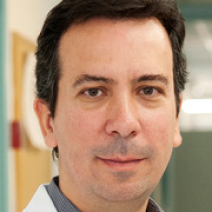

PhD in Biochemistry from Barcelona University. Research professor at ICREA and director of the Programme for Translational Research at the Vall d’Hebron Hospital Institute of Oncology (VHIO). He received the prize for his study of strategies for diagnosing and treating patients with cancer and, above all, brain tumours.
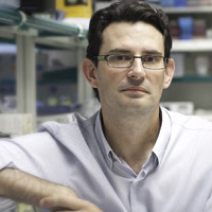

PhD in Biology from the Complutense University of Madrid. Since 2014 he has been director of the MRC Developmental Neurology Centre at King’s College London. He was awarded the prize for his work on the biological origins of mental diseases, based on knowledge of the development of the cerebral cortex.
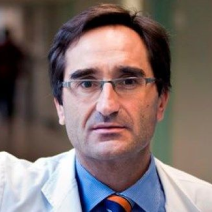

PhD in Psychiatry from the Complutense University of Madrid. Director of the Psychosis Programme at the Marqués de Valdecilla University Hospital and consultant in the Psychiatry Service. He was awarded the prize for his capacity for innovation and his numerous studies related with the biological origins of schizophrenia making use of neuroimaging techniques.
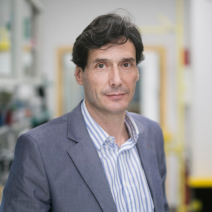

PhD in Biochemistry and Molecular Biology from the Autonomous University of Madrid. Head of the Molecular Oncology Programme of the National Centre for Oncology Research (CNIO). Awarded the prize for his track record and contributions in the field of tumoural suppression to understand the phenomenon of cellular ageing linked to the production of tumours.